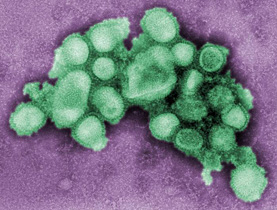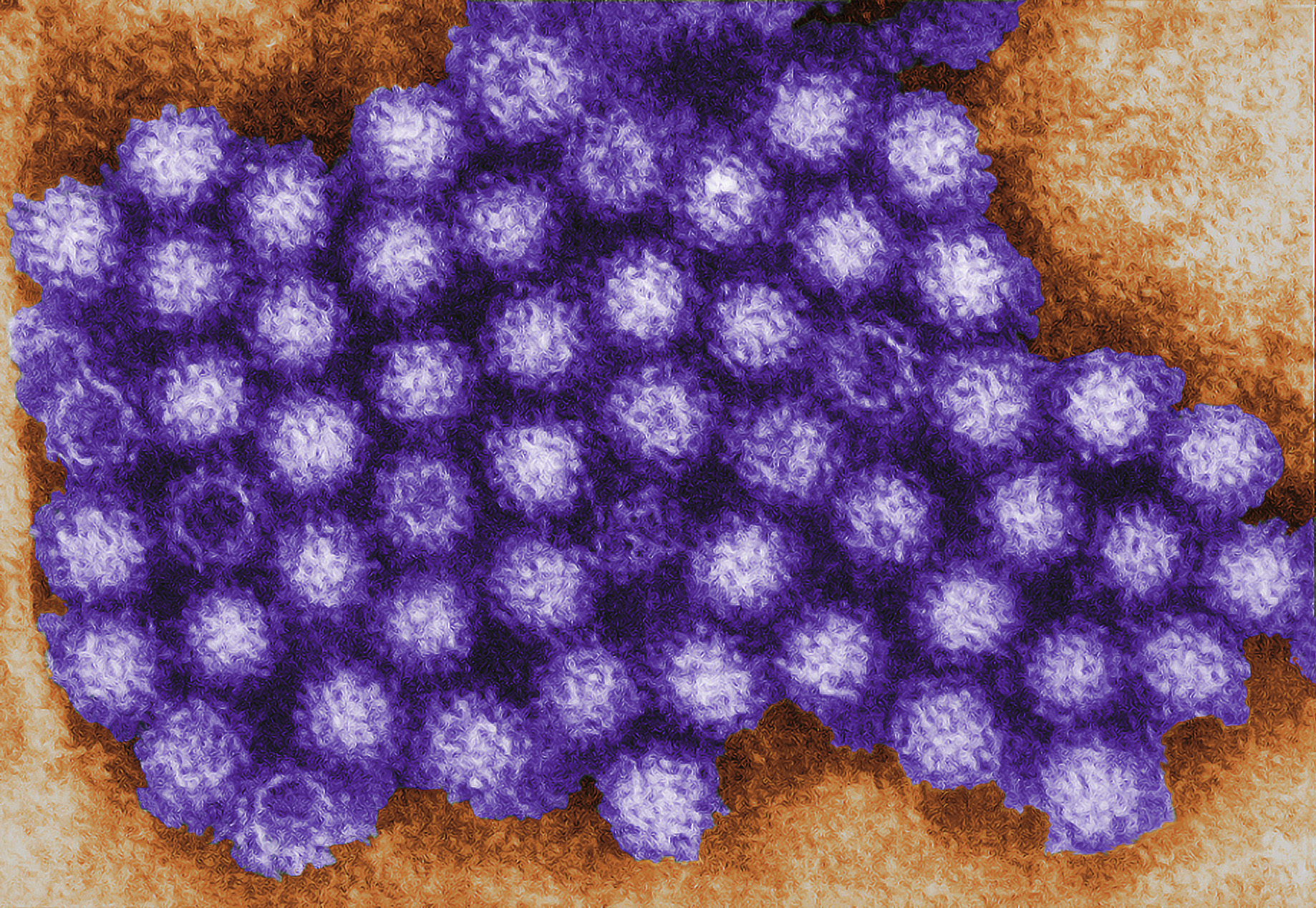Swiss lab kept busy by swine flu

Demands on the virology laboratory at Geneva University Hospital have been high since the outbreak of swine flu, which has also reached Switzerland.
Laurent Kaiser and his team at the lab, which is the national reference centre for flu, have developed a fast test for the virus. But while the A/H1N1 strain of swine flu is causing concern, the professor warns that potentially more deadly bird flu must not be forgotten.
Kaiser was a guest speaker on the subject of swine flu, avian flu and influenza at the annual conference of the Swiss Society for Internal Medicine, which is currently taking place in Basel.
Swine flu cases have now reached around 7,500 worldwide and 65 people have died from the illness, mostly in Mexico, where the virus originated, according to the World Health Organization.
There have been 84 reports of suspected cases in Switzerland, with seven under investigation. Only one case has been confirmed.
Kaiser’s laboratory has been testing for the virus. “It has been just crazy, even if you have only a few cases.
“There is a lot of pressure and we have to be ready to provide reliable tests for the community,” Kaiser told swissinfo.ch on the sidelines of the conference on Wednesday.
New test
His team – which numbers 12 – has managed to develop a new fast test in just a few days. This compares with the three weeks it took to create a test for the Sars (Severe Acute Respiratory Syndrome) virus in 2003.
The test is based on some biological reactions. “The results can be ready after 24 to 36 hours,” said Kaiser.
This makes Switzerland one of the few countries to have such a method. It is being made available to three other medical centres across the country.
The professor of infectious disease and virology said that swine flu, a type A influenza which normally infects pigs, was already “in the front yard”.
“We can call it swine flu, but basically it seems that it’s already a human virus – it’s more like a human virus of swine origin. It surprised everyone that this virus had not been identified previously in any animals or during any outbreaks or in any human cases,” he said.
Gene mix
A/H1N1 is the same strain seen in outbreaks of human flu. But this new virus has, as influenza viruses often do, mixed genes. It has taken genes from human flu species and from animal flu species – both birds and swine. The result is a “puzzle of different influenza viruses” said Kaiser.
This previously unknown entity poses several important questions. It is not yet known whether its associated illnesses are more severe than in the normal human influenza virus.
Another concern is that it could be targeting young adults or children, as many deaths have been among younger people, which is unusual for flu.
Overall, however, there have been few deaths from the virus. In North America these were people with underlying severe diseases, the professor explained.
Bird flu
Avian flu, which has caused a spate of deaths in Southeast Asia and provoked fears of a pandemic, is now “in the back yard”, said Kaiser.
But this does not mean that the different H5N1 strain of flu should be forgotten.
“The reason why the focus has turned quite rapidly onto this new H1N1 of swine origin is clear. But all the pandemic planning has been done for H5N1, so nothing has changed at this level. H5N1 is still there,” Kaiser said.
The real question is whether H5N1, which can mutate quickly, can cross the species’ barrier. Some experts believe that it will, but others believe that it is strictly an animal virus. Kaiser said that he could not make any predictions.
Flu the magician
“Influenza is a kind of magician which has many tricks in his bag and can change everything in a few weeks, ” he said.
The WHO says that it is too early to say whether swine flu will cause a pandemic, but warned on Friday that the worst may not be over.
Kaiser said that it had to be considered that a new influenza had emerged in humans and that swine flu could potentially infect the majority of the population in Switzerland or any other country. It might also be adapted to summer instead of the usual winter season.
But there is no reason to panic just yet. “Panic doesn’t help any way,” observed Kaiser.
Isobel Leybold-Johnson in Basel, swissinfo.ch
The annual conference of the Swiss Society for Internal Medicine is taking place from May 13-15 in Basel. Its main topic is “from clinical research to the doctor’s practice”.
The society says that clinical research in Switzerland has improved greatly in the past years, with world-class work being done in the area of Aids/HIV, cardiology and oncology. The idea is to inspire more involvement.
Around 3,500 people are expected to take part in the conference, which is in its 77th year.
Kaiser’s lecture was added at the last minute. It was entitled, Chicken in the backyard, swine in the front yard, and influenza: An update on influenza A/H1N1 infection: epidemiology, prognosis, treatment and prevention.
Switzerland is no longer advising people against travelling to Mexico and the United States because of swine flu.
Globally, 65 people have died of swine flu, 60 of them in Mexico where the virus originated. 3 deaths have been reported in the US, one in Canada and one in Costa Rica. 34 countries have been affected by the disease, according to Friday WHO figures.
The present A/H1N1 strain is a new version of the one which caused the 1918 flu pandemic, the most devastating of modern times.
Tamiflu made by Swiss pharmaceuticals giant Roche, seems to be effective in treating swine flu, if administered at an early stage. Roche has announced it is donating 5.65 million packs to the WHO. There is no vaccine yet.

In compliance with the JTI standards
More: SWI swissinfo.ch certified by the Journalism Trust Initiative



You can find an overview of ongoing debates with our journalists here. Please join us!
If you want to start a conversation about a topic raised in this article or want to report factual errors, email us at english@swissinfo.ch.